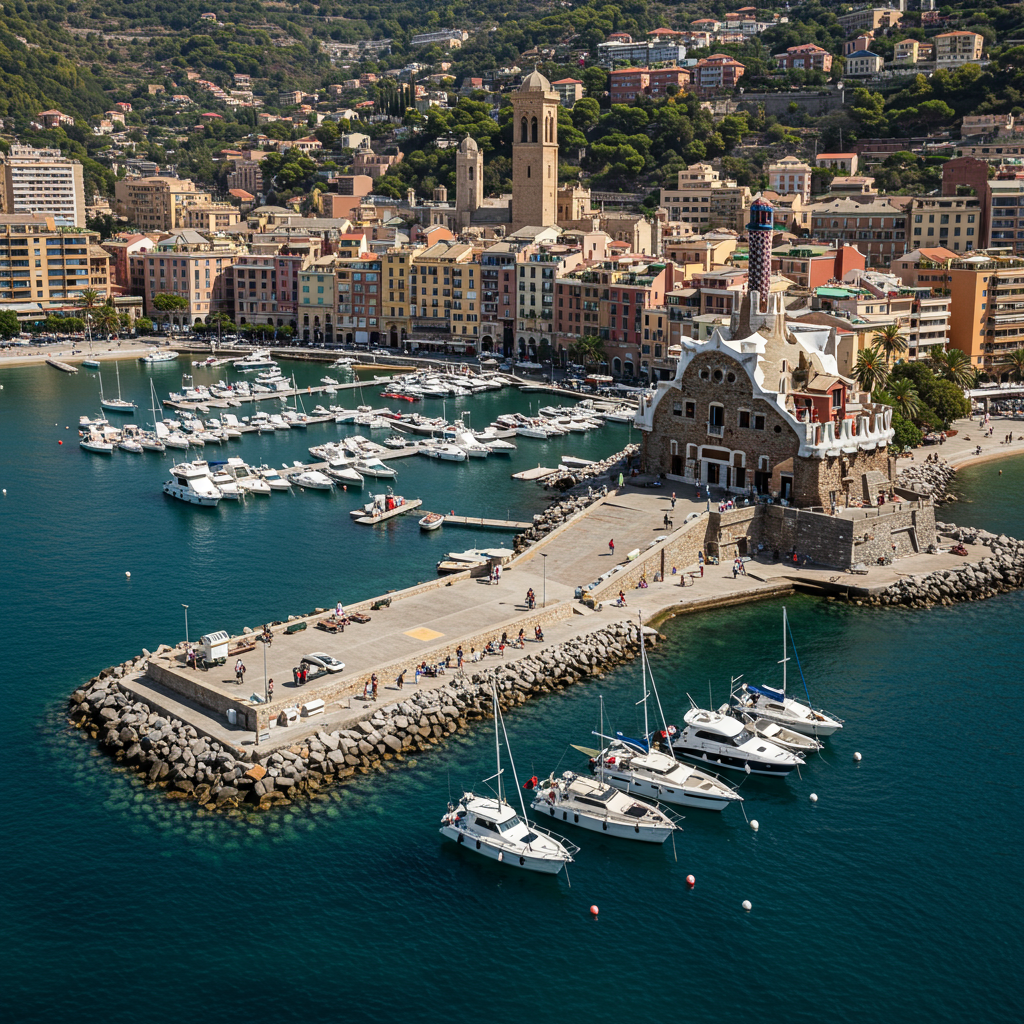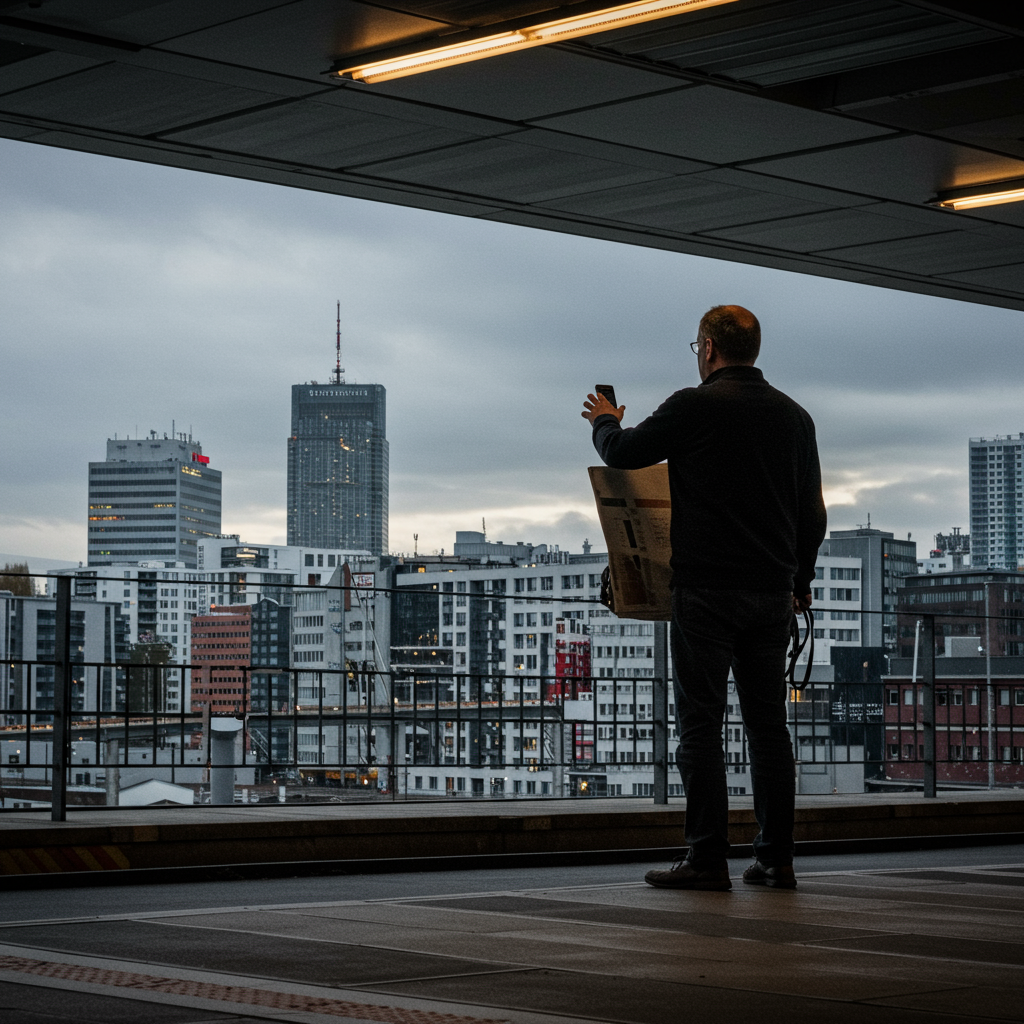Tipping Point: Overtourism Backlash Explodes in Barcelona, Mallorca, and Genoa as Locals Take a Stand
Across some of Europe's most beloved coastal and historic cities, a silent war has been brewing for years. Now, it's erupting into open conflict. The subject? Tourism – specifically, too much of it. Accusations of “overtourism” are reaching a fever pitch in hotspots like Barcelona, Mallorca, and Genoa, where residents feel overwhelmed by the sheer volume of visitors, leading to disruptive protests and even confrontational tactics.
For decades, destinations across the Mediterranean have courted tourists, viewing them as an essential economic engine. And indeed, tourism injects billions into local economies, supports countless jobs, and fuels infrastructure development. However, this success story has a dark side. Rapid, uncontrolled growth in visitor numbers strains public services, pushes up rents and property prices, displaces residents, degrades the environment, and erodes the very local culture that tourists come to experience. This is the essence of overtourism, and its negative impacts are now undeniable in many popular spots.
Barcelona, a city long grappling with the consequences of its immense popularity, is a prime example. Residents in central neighbourhoods complain of being priced out of their homes by short-term rental platforms, while public spaces are often saturated. Graffiti and banners declaring "Tourists Go Home" are not uncommon sights, reflecting a deep-seated frustration that has been simmering for years, occasionally boiling over into organized protests and demonstrations demanding better regulation and a more sustainable tourism model.
The Balearic Islands, particularly Mallorca, face similar, if not more intense, pressures. Heavily reliant on seasonal tourism, the islands see their populations swell dramatically in the summer months. This influx strains water resources, increases waste generation, and clogs roads. Locals express anger over the transformation of their communities into transient resorts, making everyday life challenging and eroding the authentic island lifestyle. Protests on the islands have become increasingly prominent, highlighting the difficult balance between economic necessity and environmental/social sustainability.
Even cities like Genoa, while perhaps not facing the same scale of mass tourism as Barcelona or Mallorca, are experiencing localized pressures. Issues related to cruise ship arrivals, which bring large numbers of visitors for short periods, can overwhelm specific areas near the port, impacting local businesses not geared towards quick tourist transactions and disrupting the daily rhythm of the city center for residents. While the protests might manifest differently, the underlying sentiment of feeling alienated in one's own city is shared.
The recent reports of locals in some areas resorting to unusual tactics, like using water sprays to deter tourists or making noise complaints about noisy rental properties, are highly symbolic. They represent a desperate plea from communities who feel their voices aren't being heard through traditional channels and that authorities aren't acting decisively enough to manage the situation. These actions, while controversial, underscore the level of frustration and the sense that residents are being pushed to their limit.
The dilemma is stark: how can these economies, heavily dependent on tourism, manage the sector sustainably without killing the golden goose? Solutions being discussed and occasionally implemented include limiting tourist numbers through quotas, increasing tourist taxes to fund infrastructure and housing, regulating short-term rentals more stringently, and promoting diversification of the economy away from sole reliance on tourism. However, finding a balance that protects local communities while maintaining economic viability is a complex, ongoing challenge.
The protests in Barcelona, Mallorca, and Genoa are not isolated incidents; they are vivid manifestations of a global issue. They serve as a critical warning sign that the unchecked growth of mass tourism has reached a tipping point in many popular destinations. The pushback from residents signals a crucial phase where the economic benefits of tourism must be weighed carefully against its social and environmental costs. Ignoring these protests is no longer an option; finding equitable and sustainable solutions is imperative for the future health and livability of these cherished places.



Comments
Post a Comment